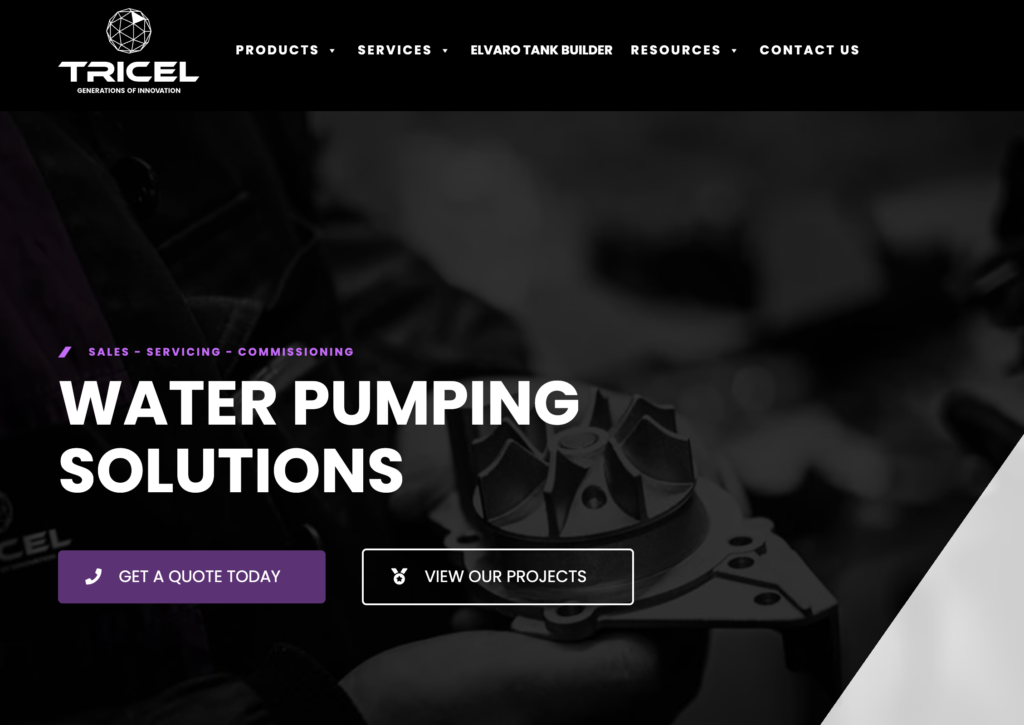Rainwater Harvesting System: 7 Powerful Reasons to Install with TricelWater.co.uk
Home » Water Regulation » Rainwater Harvesting System
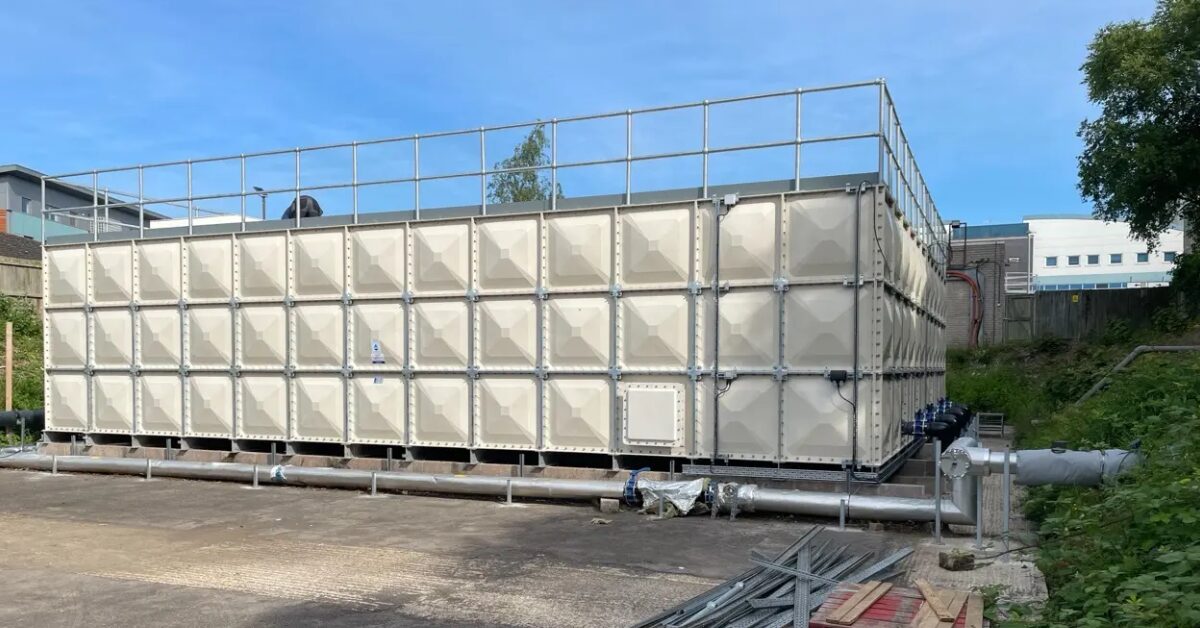
What is a Rainwater Harvesting System?
A rainwater harvesting system is a smart and sustainable method for collecting, storing, and using rainwater for non-potable and, in some cases, potable applications. These systems reduce dependency on mains water supply and are becoming increasingly important due to rising water costs and growing environmental concerns.
The Growing Importance of Rainwater Harvesting System in the UK
With unpredictable weather patterns and pressure on water resources, the UK is seeing a rise in water-conscious behaviour. The Environment Agency reports that England could face water shortages by 2050 without action. A rainwater harvesting system offers a proactive solution by capturing free water directly from rooftops.
Benefits of Installing a Rainwater Harvesting System
1. Reduced Water Bills
Rainwater can be used for:
- Toilet flushing
- Washing machines
- Garden irrigation
- Vehicle cleaning
- Industrial processes
For large properties or commercial premises, this leads to substantial cost savings.
2. Sustainable Water Management
Rainwater harvesting contributes to water conservation goals. It promotes responsible usage and aligns with sustainability standards for homes and businesses.
3. Minimised Flood Risks
By collecting runoff, these systems:
- Reduce stormwater overflows
- Prevent soil erosion
- Help control urban flooding
4. Easy Integration with Existing Systems
Modern rainwater harvesting systems can be retrofitted with:
- Domestic pipework
- Irrigation systems
- Commercial water systems
They’re built to adapt, not disrupt.
5. Ideal for Homes, Farms, and Businesses
From residential tanks to agricultural and industrial systems, rainwater harvesting meets the needs of various sectors.
6. Long-Term Investment Returns
Though there’s an initial setup cost, the return on investment is seen in:
- Lower water bills
- Reduced utility strain
- Increased property value
7. Reduced Environmental Impact
Harvesting rainwater supports biodiversity, reduces carbon footprints, and helps meet net-zero targets for green buildings.
How Rainwater Harvesting Systems Work
Catchment
Usually a roof surface that collects rainfall.
Conveyance
Gutters and pipes carry rainwater to a filter or storage tank.
Filtration
Removes debris, leaves, and contaminants to ensure clean storage.
Storage
Collected above-ground GRP tanks (like those from TricelWater.co.uk).
Distribution
A pump system delivers water for use in homes, gardens, or businesses.
TricelWater.co.uk’s Rainwater Harvesting Solutions
Domestic Systems
Perfect for homes and small buildings, these systems help lower water bills and support eco-friendly living.
Commercial & Agricultural Systems
Designed for large volumes, with features such as:
-
High-capacity tanks
-
Filtration units
-
Pressure boosters
Custom-Built Options
Need something specific? TricelWater.co.uk offers bespoke system designs based on your site and usage.
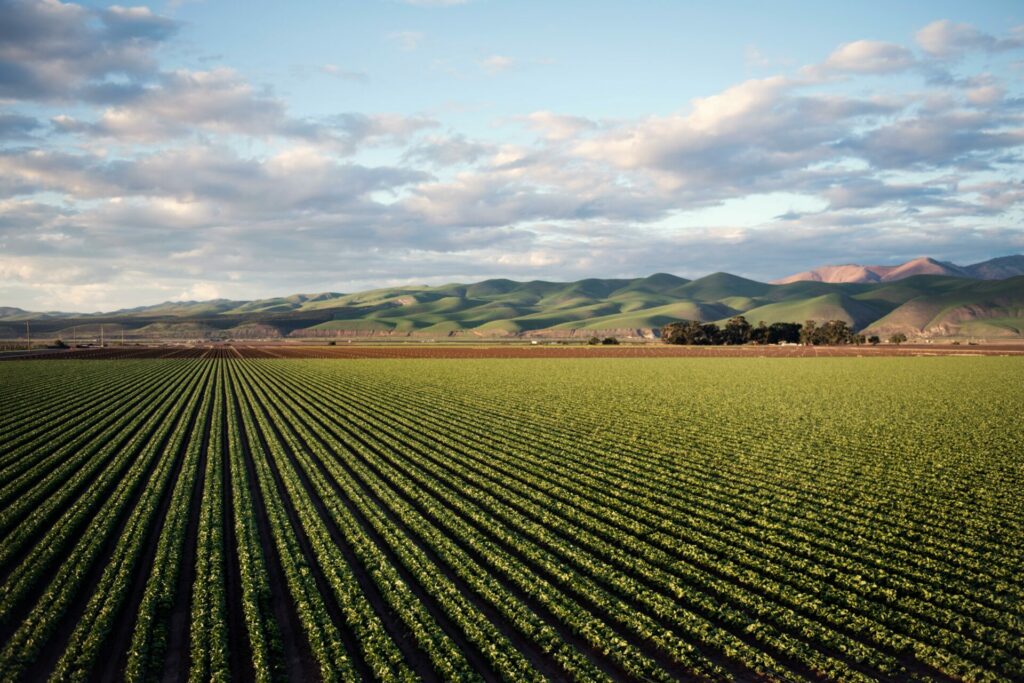
Installation Process
Site Assessment
Experts inspect your location to identify optimal catchment and storage areas.
System Design
Customised plans ensure the best performance, storage size, and filtration for your needs.
Professional Installation
Certified installers manage:
-
Tank fitting
-
Pipe integration
-
Testing & commissioning
Common Challenges and How to Overcome Them
|
Challenge
|
Solution
|
|---|---|
|
Limited Roof Space
|
Use multiple small tanks or vertical systems
|
|
Blocked Filters
|
Regular maintenance checks
|
|
Freezing in Winter
|
Insulate above-ground pipework and tanks
|
|
Overflows During Heavy Rain
|
Install overflow pipes connected to drainage systems
|
Read More...
- Water Regulation
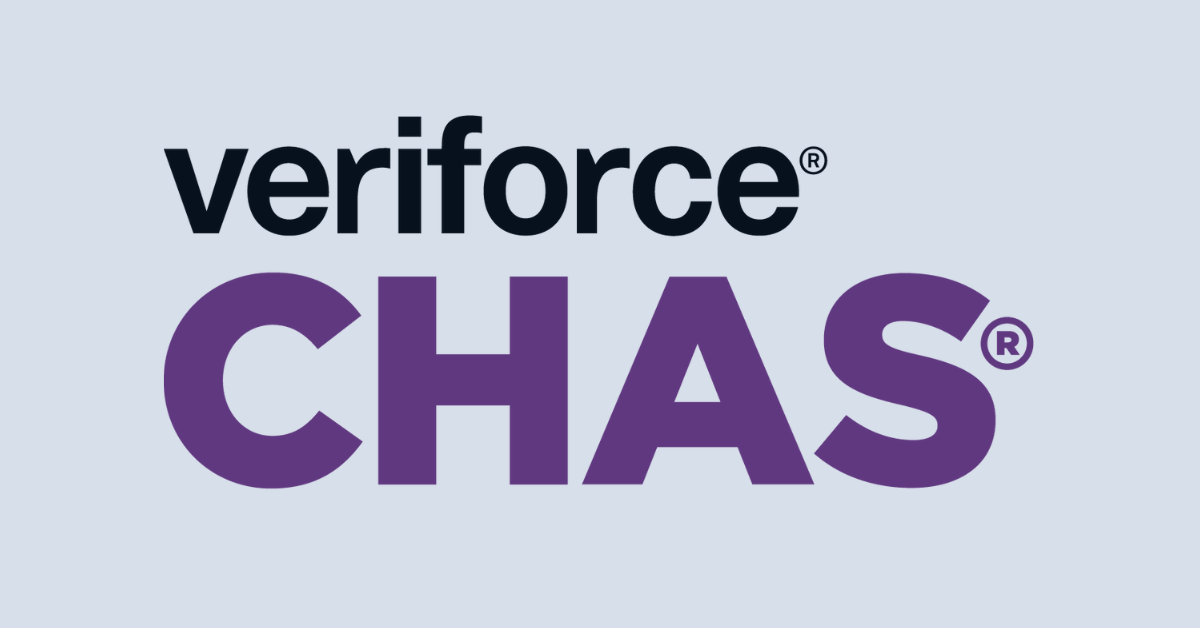
Tricel Water: CHAS Accredited Water Tank Supplier You Can Trust
Discover Safe Contractor Approved CHAS accredited certification, ensuring water systems meet the highest safety, compliance, and quality standards.
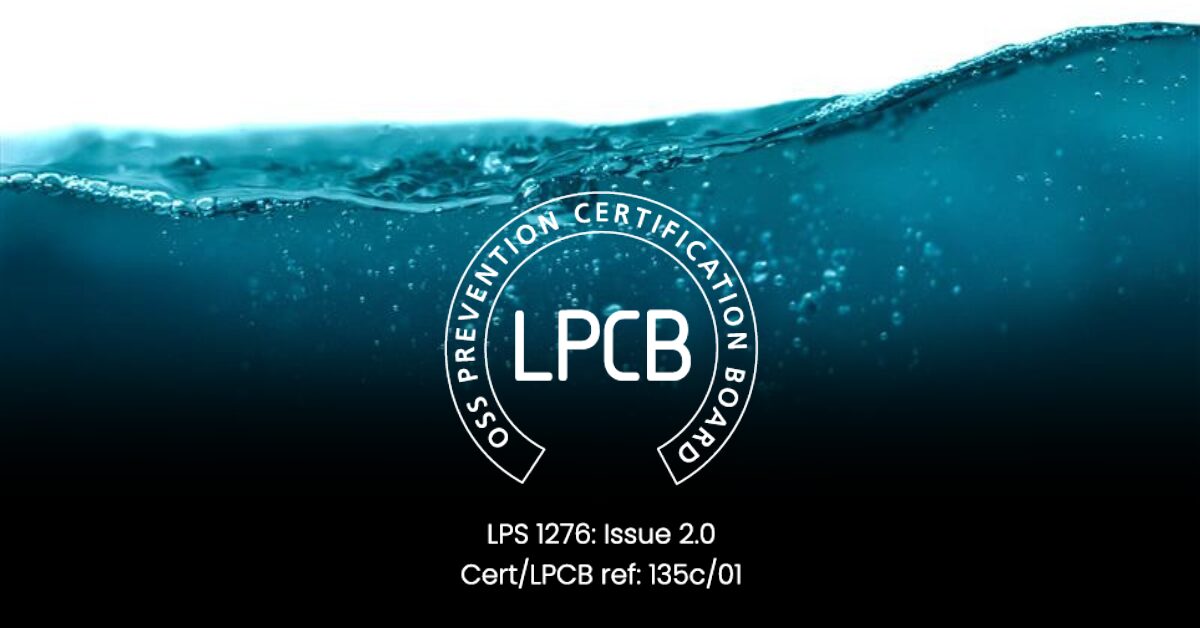
LPCB Approved Sprinkler Tanks
Our LPCB approved sprinkler tanks are designed and manufactured to the highest safety standards, providing reliable water storage for fire protection systems. Fully certified to meet Loss Prevention Certification Board requirements, these tanks ensure compliance, durability, and peace of mind for critical fire safety applications.
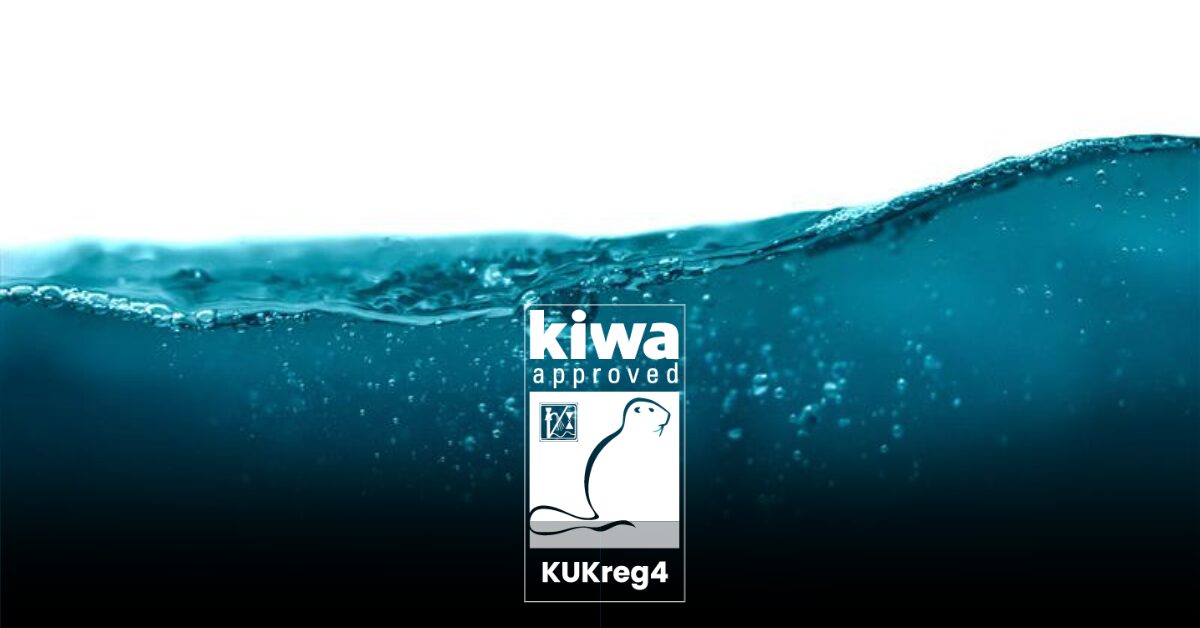
KIWA Certification Water Tanks Fittings
Discover KIWA Certification Water Tanks today, ensure your water storage meets global safety, hygiene, and compliance standards.

Cold Water Storage Tank Compliance in the UK: Regulations, Standards & Best Practices
Ensuring compliance with cold water storage tank regulations in the UK is essential for safeguarding water quality, maintaining system efficiency, and meeting legal obligations. From WRAS approval and LPCB certification to industry standards such as BS EN 13280, strict requirements govern the design, installation, and maintenance of water tanks.
